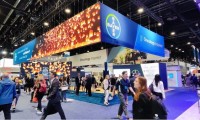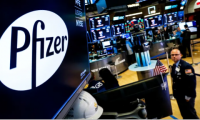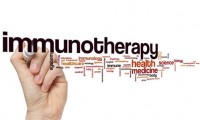-
Bayer needs ‘midsize acquisition’ to reach $10B oncology sales goal, exec says
- Source: drugdu
- 116
- June 15, 2023
-
Boston Scientific cancels $230M stent deal after regulators erect barriers to acquisition
- Source: drugdu
- 86
- May 29, 2023
-
Pfizer to raise $31 billion in debt offering to fund Seagen acquisition, SEC filing shows
- Source: drugdu
- 127
- May 19, 2023
-
Quest Expands in Cancer Testing With $300M Haystack Oncology Acquisition
- Source: drugdu
- 175
- April 29, 2023
-
Fujifilm acquisition of Hitachi diagnostic imaging business delayed by COVID-19
- Source: drugdu
- 309
- November 6, 2020
-
Nine digital health mergers and acquisitions from the first quarter of 2018
- Source: MobiHealthNews
- 498
- April 2, 2018
-
Celgene Completes Acquisition of Juno Therapeutics, Inc., Advancing Global Leadership in Cellular Immunotherapy
- Source: ir.celgene
- 589
- March 8, 2018
-
As the industry is going down, more and more pharmaceutical companies are seeking to “exit”?
- Source: drugdu
- 23
- November 22, 2024
-
Regeneron’s midlife crisis
- Source: drugdu
- 23
- November 22, 2024
-
AstraZeneca’s new dual anti-cancer drug approved for clinical trials in China
- Source: drugdu
- 31
- November 21, 2024
your submission has already been received.
OK
Subscribe
Please enter a valid Email address!
Submit
The most relevant industry news & insight will be sent to you every two weeks.













